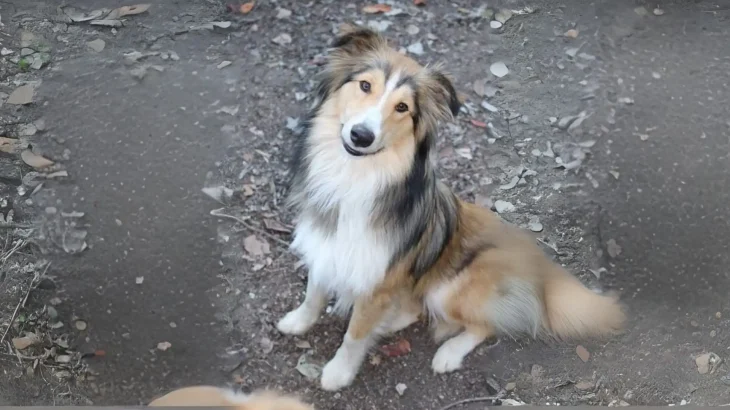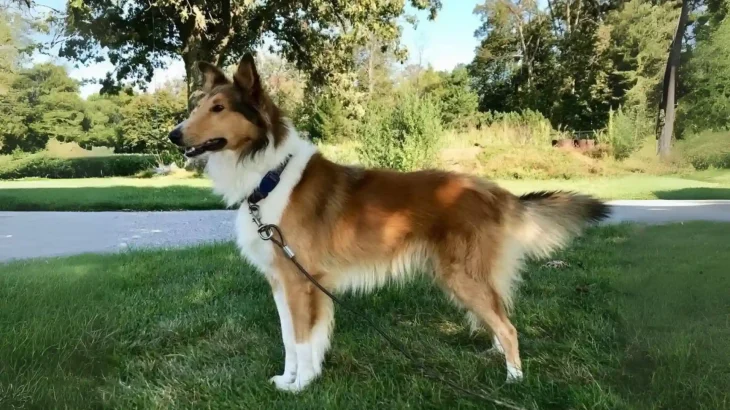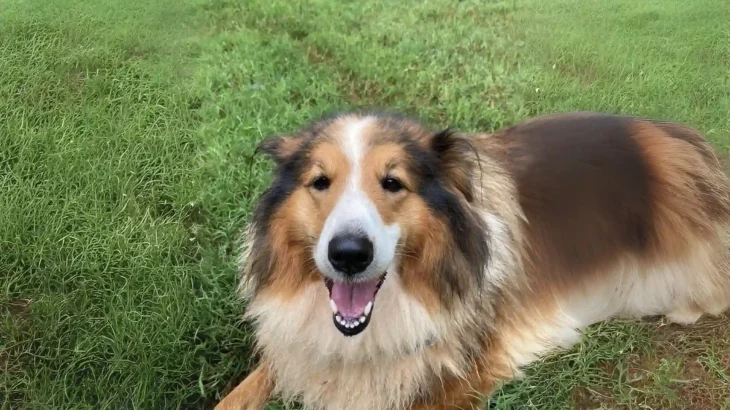Choosing whether to adopt or buy a Farm Collie puppy depends mainly on your priorities regarding cost, health transparency, and age preference. Buying from a breeder generally offers more certainty about the puppy's background and health, while adoption can be a more affordable and ethical way to provide a home to a dog in need.
Adoption vs. Breeder: Pros & Cons
| Criteria | Buying from Breeder | Adopting from Shelter/Rescue |
|---|---|---|
| Cost | Typically higher initial investment reflecting breed purity and breeder expenses. | Lower fees, often covering initial vet care like vaccinations and spaying/neutering. |
| Health History | Detailed records and genetic health screenings usually available. | May have limited or unknown health history; shelter provides basic health screening. |
| Age Availability | Mostly young puppies, enabling influence on early training and socialization. | Variety of ages available, including adults with established temperaments. |
| Temperament Insight | Breeders often provide insight into lineage temperament traits. | Shelter staff can share observed behaviors, though full background may be unclear. |
| Supporting Practices | Supports breeders dedicated to maintaining breed standards; important to choose ethical breeders. | Supports animal welfare by giving a home to dogs in need and reducing shelter populations. |
| Ethical Considerations | Risk of contributing to irresponsible breeding if not carefully selected. | Helps combat overpopulation and potential neglect or abandonment. |




















































